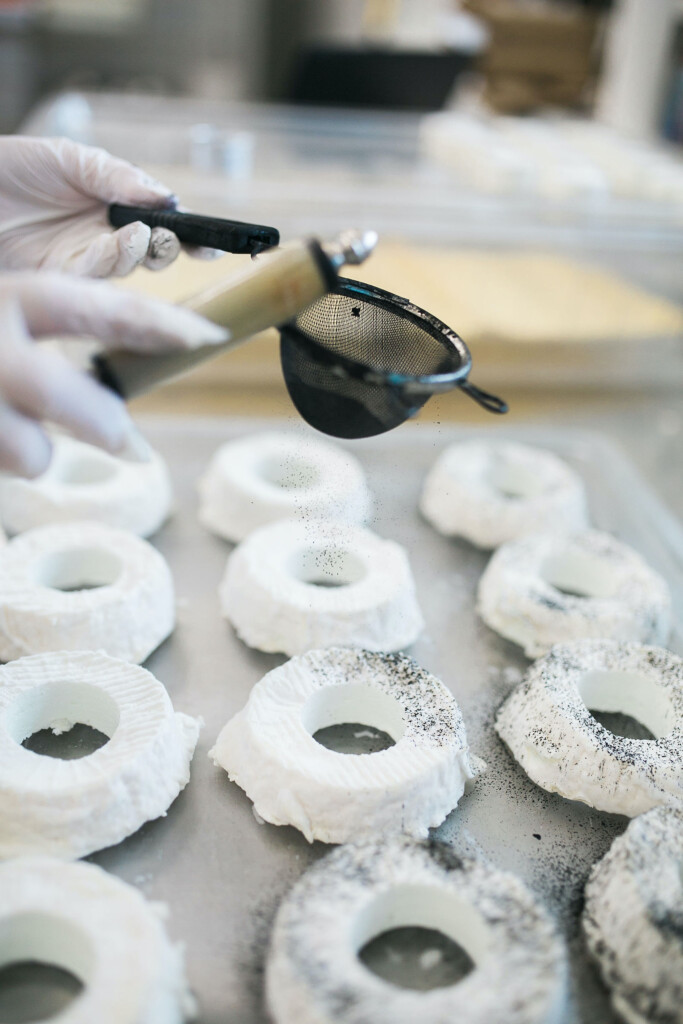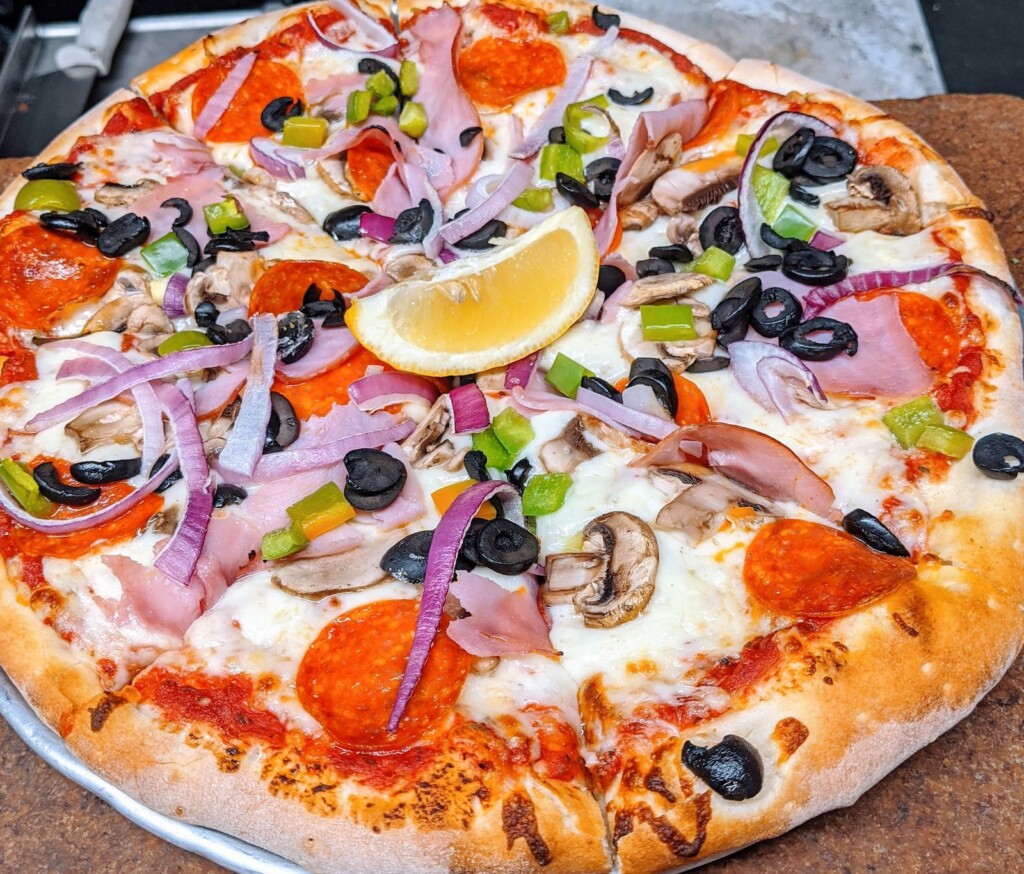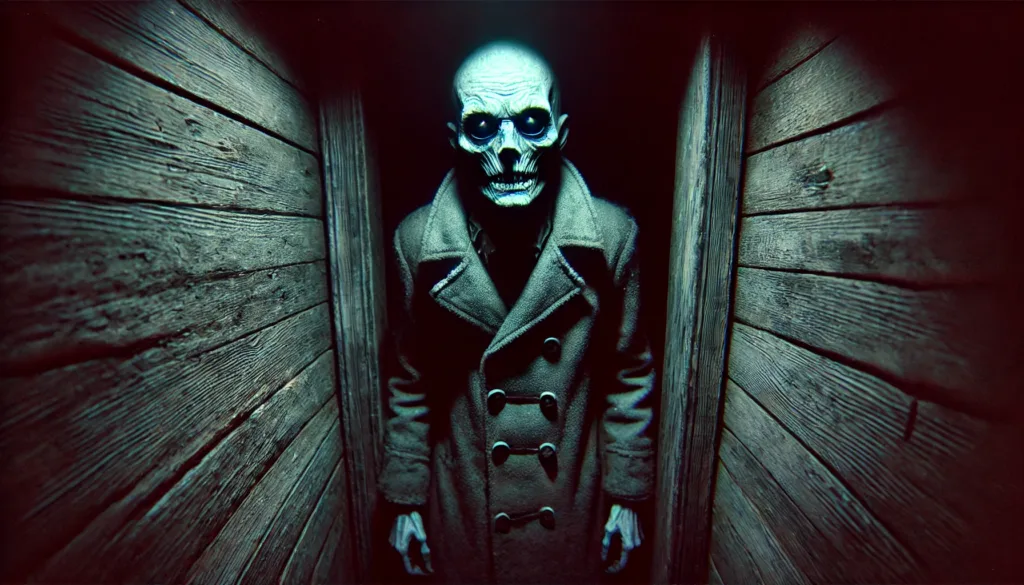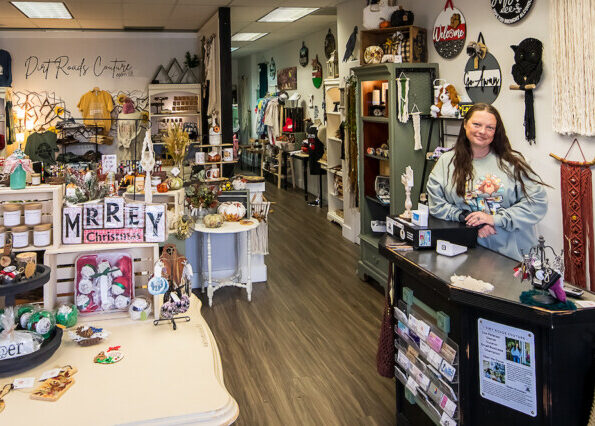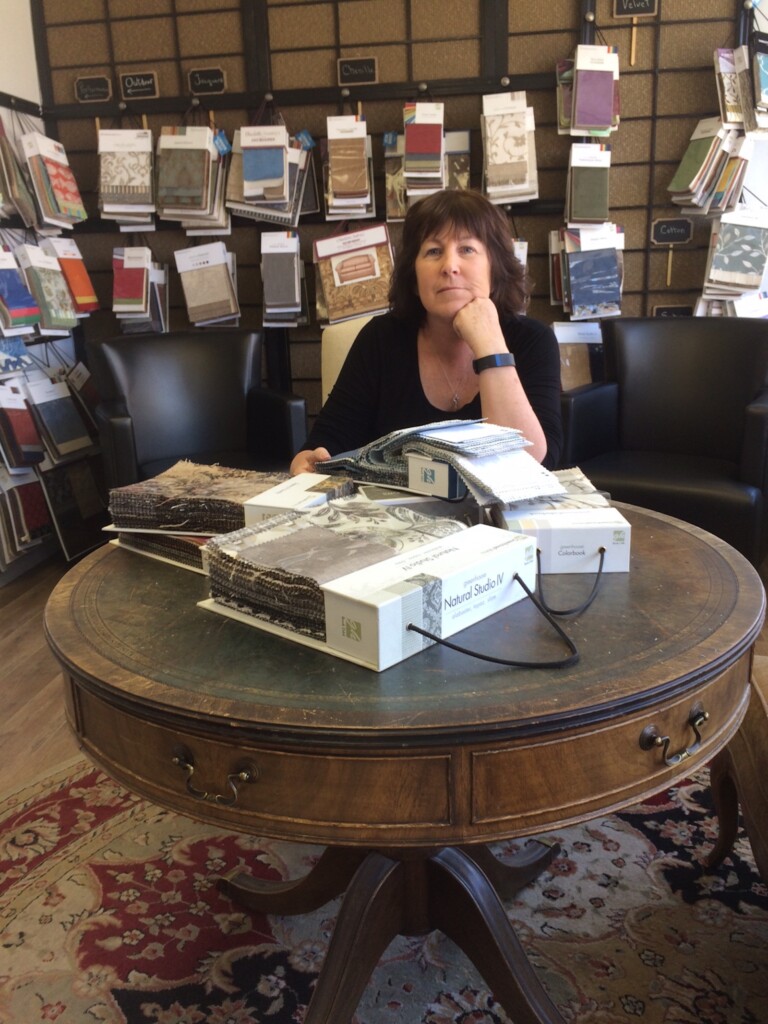Park City Creamery Creates Soft-Ripened Handmade Cheeses
“Cheesemaking is a slow, peaceful process,” Mused Corinne Zinn, owner and fromager of Park City Creamery. “It’s almost like meditation.”
The harmonious progression begins in the early morning hours, when the cow and goat milk is delivered by two local dairies; Heber Valley Milk and Drake Farms. Zinn and her “two ladies” immediately start preparing their artisan creations as the sun is just peeking over the mountains.
“We warm the milk to 90 degrees and add a special culture we get from France,” Zinn explained. From there, they blend in the enzymes required to coagulate the milk. Zinn smiled and said, “Soon we have a very nice silky curd, almost like a thick yogurt. We have to cut little squares to allow the whey to separate from the milk. We then remove the whey and scoop the curds into particular forms.”
Each of the forms are delegated to produce different types of cheese, including Brie and goat cheese. Zinn continued. “We scoop them into the molds, which are big trays that have to be flipped a few times, so the cheese can take shape. The next day, we remove them from the forms and salt both sides.”
The forms are placed in aging caves for 10 days — with a stable temperature of 56 to 60 degrees and high humidity. After they have completed their resting period, “We add specific molds that will have a shiny and fluffy velvety finish and complete the task by hand,” Zinn said.
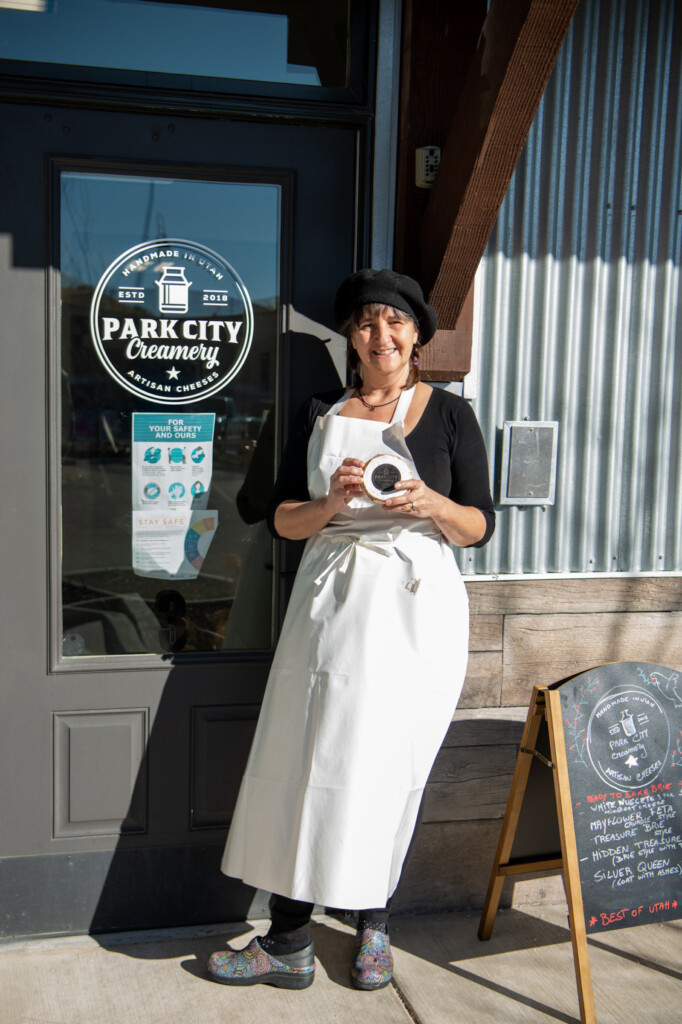
Cheese Maker’s History
Zinn and her team have been meticulously following this delicate process since she founded Park City Creamery. However, her love and passion for casei culture began decades earlier in Belgium. The western European country has a long tradition of cheesemaking, dating back to the middle ages, and Zinn grew up enjoying many flavorful cheeses and pairings.
After moving to the states in 2002, Zinn purchased a “little farm in Colorado” and began exploring the local vineyards in the area.
“It’s fun in Colorado because you can go around sampling the wines. There were lots of wineries but nobody was making artisan cheese — and I needed my cheese and wine.” Laughing, she said, “My idea was to make cheese just for myself. I started to do research online and connected with a French cheesemaker and he gave me some tips on how to get started. So, I bought some goat milk from a local farmer, made a sampling and brought my first cheese batch to one of the vineyards. The owner was French and he loved my creation. Soon, I was selling to all the local vineyards.”
As the demand for her cheese grew, Zinn decided to get her own goat and produce her own milk. She purchased an adorable Anglo-Nubian “with big floppy ears” whom she named Blanche. Soon she realized Blanche needed a friend, and so Inga, a cute Swiss Alpine, was added to the family.
Before she knew it, Zinn had a herd of 50 goats and a full-fledged cheesemaking business. It was during this time that she was hired as director of sales for a European fromage equipment company. Not only was she trained on the equipment in France and Germany, she also visited cheesemakers across the United States and learned their unique processes.
“Cheesemakers are all one big family. Everyone knows everyone and we share and support each other,” she explained,
After about eight years on the farm, Zinn decided to focus on just the cheesemaking side of things, and she sold her goats to a farmer in Midway. She then moved to Utah and became a consultant.
“I created a company and named it Fromage Without Borders. I would help farmers create different varieties of cheeses than what you usually find in Utah.”
In 2018, Zinn decided to spread her wings further and opened Park City Creamery. It’s at the 2,000 square foot location that Zinn and her team create their cheese masterpieces.
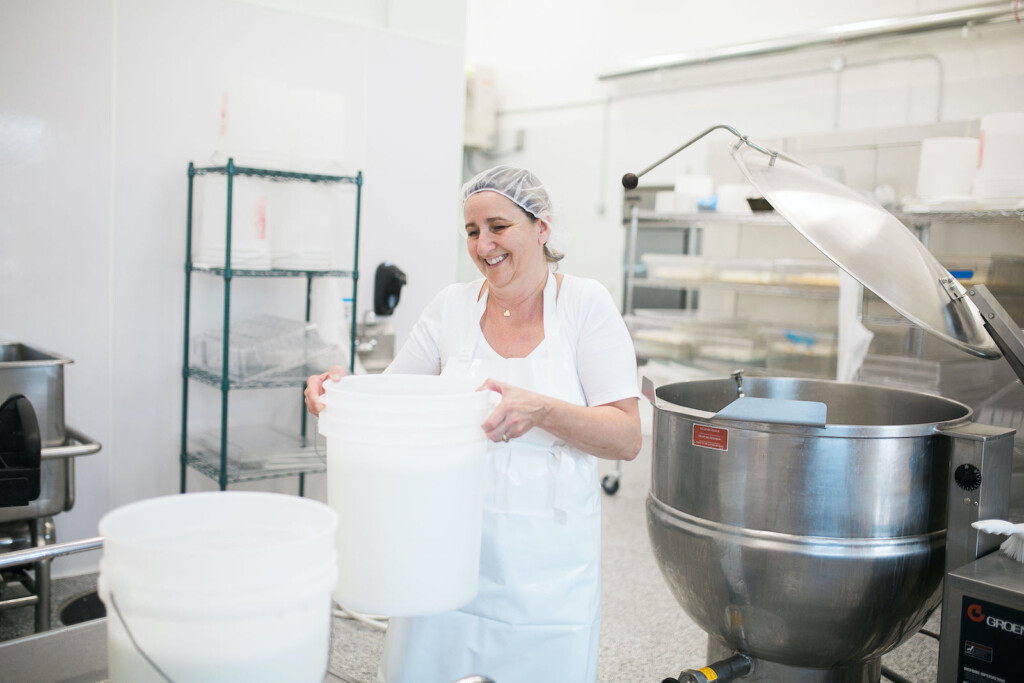
“We only make soft-ripened types of cheeses,” she says. One of the most popular of these creations is the Treasure Brie — all of the cheeses are named after Park City ski runs.
High Demand
Zinn explains the reason for its high demand. “With commercial Brie, the rhine is very thick, almost like plastic, but our handmade Brie is very soft and delicious. The rhine is very thin, with a lot of flavor, and it is delicious to eat.” Other favorites include the Silver Queen — goat cheese with vegetable ash, and Hidden Treasure — Brie with truffles.
The creamery also produces specialty cheese boards that come in a variety of sizes and flavors. In fact, they just launched a large wheel of Brie filled with dried apricots, which will be featured around local farmers markets for summer.
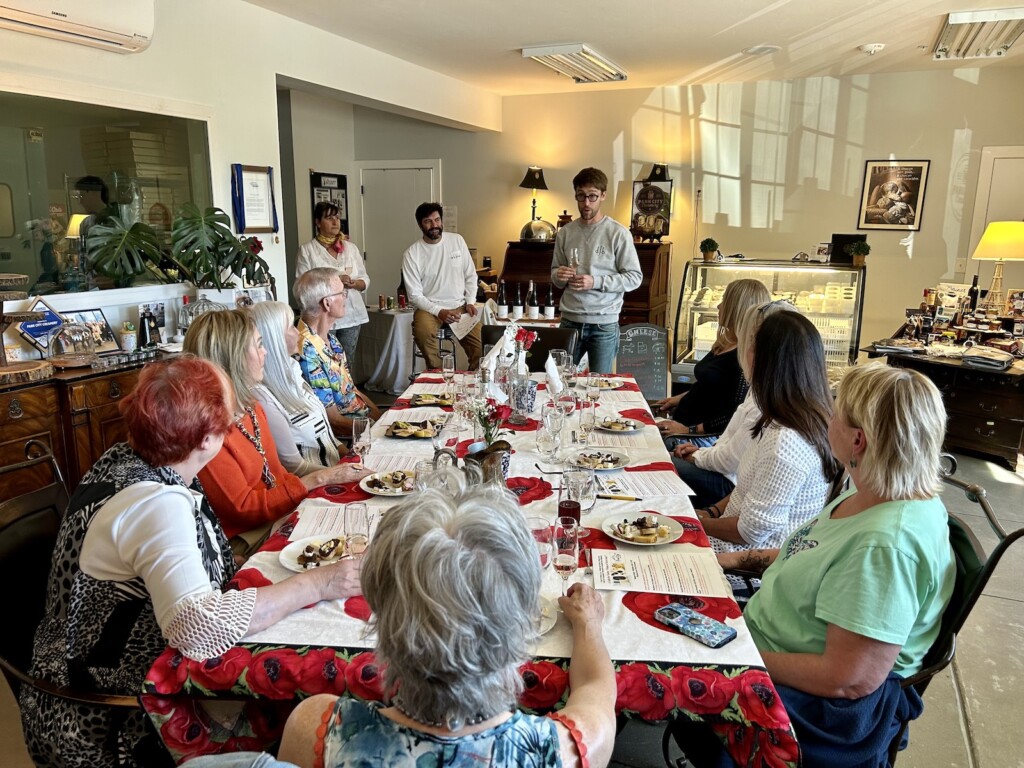
Naturally, as a cheesemaker extraordinaire, we had to ask Zinn which of her creations is her favorite? She responded, “Well, I always say, they are all my babies, so I can’t make a choice.”
To discover your personal preference, you can visit Park City Creamery’s onsite location from Tuesday through Friday from 11 am to 5 pm, or sign-up for their monthly wine and cheese pairing event. For a list of stores and farmers markets that feature their products, visit their website.
Feature Image: Finishing touches for a production of cheese. All photos courtesy of Park City Creamery.

